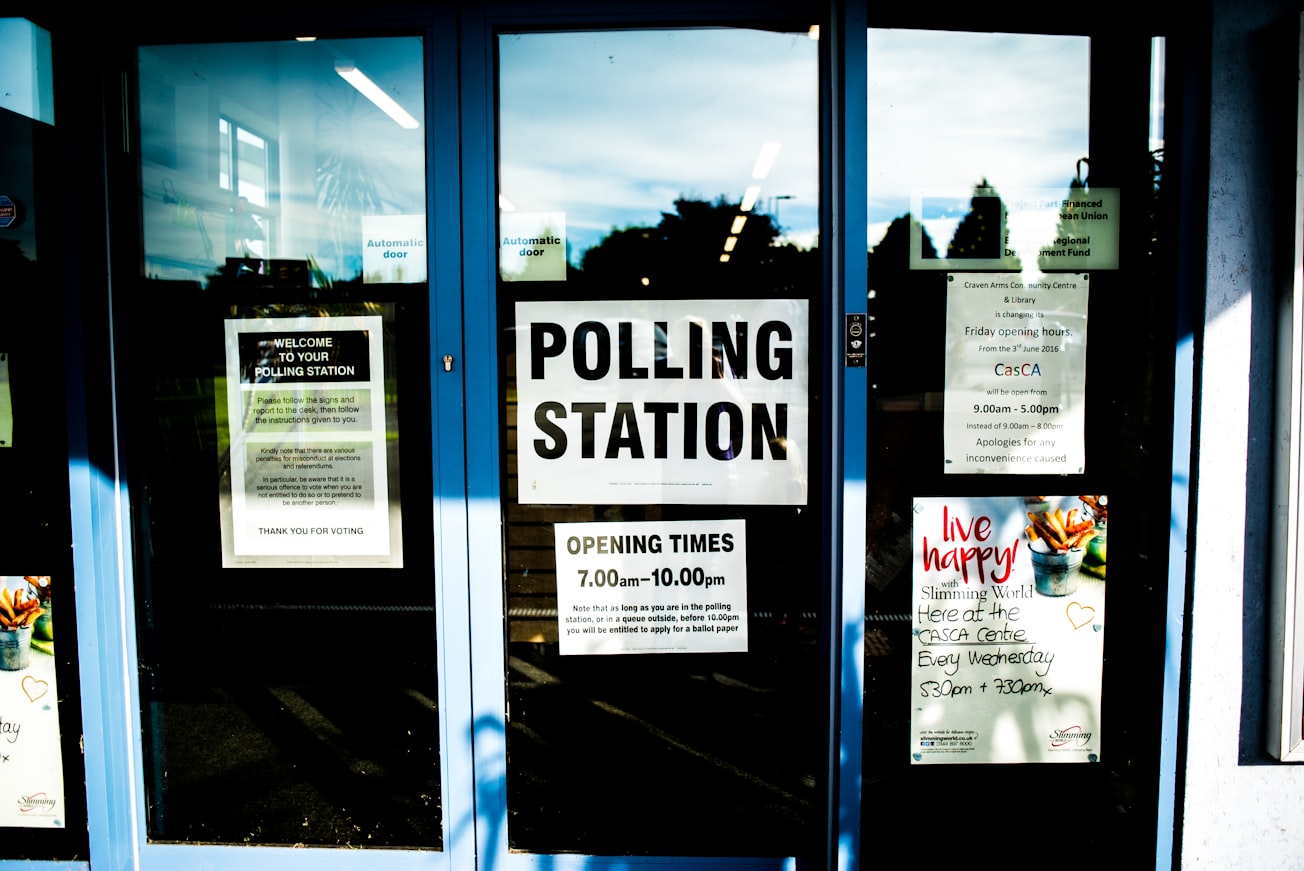What is it about?
The paper is a data curation paper which introduces the 2015 Qualitative Election Study of Britain, the paper explains the focus group research and the research methodology including when, where and how data were collected. The paper explains the formats of the data and how that data has been archived and stored for future use.
Featured Image

Photo by Elliott Stallion on Unsplash
Why is it important?
This data curation paper is designed to deliver openness and transparency regarding the data collection process for the 2015 Qualitative Election Study of Britain. It is designed to facilitate both further use of the data by other researchers and scholars, but also delivers an openness which aims to permit and enable potential replication and learning.
Perspectives
This paper was a useful exercise for the Qualitative Election Study team to properly consider the implications of replication and research transparency and design research in a way that is open and replicable. The process of writing the paper helped the team gain a stronger understanding of the implications of choices we make in terms of data collection, methodology, and storage for future data use.
Dr Thom C Oliver
University of the West of England
Read the Original
This page is a summary of: The 2015 Qualitative Election Study of Britain, Research Data Journal for the Humanities and Social Sciences, August 2017, Brill,
DOI: 10.1163/24523666-01000007.
You can read the full text:
Resources
Qualitative Election Study of Britain, 2015 Dataset
This is a qualitative data collection. The Qualitative Election Study of Britain (QESB) 2015 seeks to capture the complexities of why people vote the way they do. The project involved qualitative research in the form of 23 focus groups during and after the 2015 UK general election to investigate what Britons think about elections, campaigns and politics described in their own words. The focus groups were held in England (Birmingham, Clacton, and Colchester), Wales (Cardiff) and Scotland (Dundee and Glasgow). The project seeks to encourage the creation and use of qualitative research like the QESB within and outside academia. 94 eligible voters were recruited in advance of the election to discuss the campaign, the leadership debates and important campaign issues. They were invited back to the post-election focus groups to discuss the election outcome. The transcriptions of these focus groups, the audio and video recordings, and the documents filled in by the participants constitute the QESB 2015 qualitative dataset. Along with the QESB 2010 (published with the UKDA) and the 2014 Referendum Study datasets (forthcoming 2018), this is the first qualitative dataset that explores questions on elections and voting behaviour over 3 consecutive elections in Britain. The data are freely available to the general public via the QESB website and the UK Data Archive. Main topics Popular perceptions of parties and party leaders, reasoning behind vote preference and vote choice, evaluations of leaders’ debates and referenda, assessment of electoral practices, consumption of media and evaluations of the election campaign.
Qualitative Election Study of Britain Website
Qualitative Election Study of Britain Website
How to use the QESB transcripts
An introduction to and overview of the first transcripts to be released from the QESB 2015 general election.
Contributors
The following have contributed to this page







